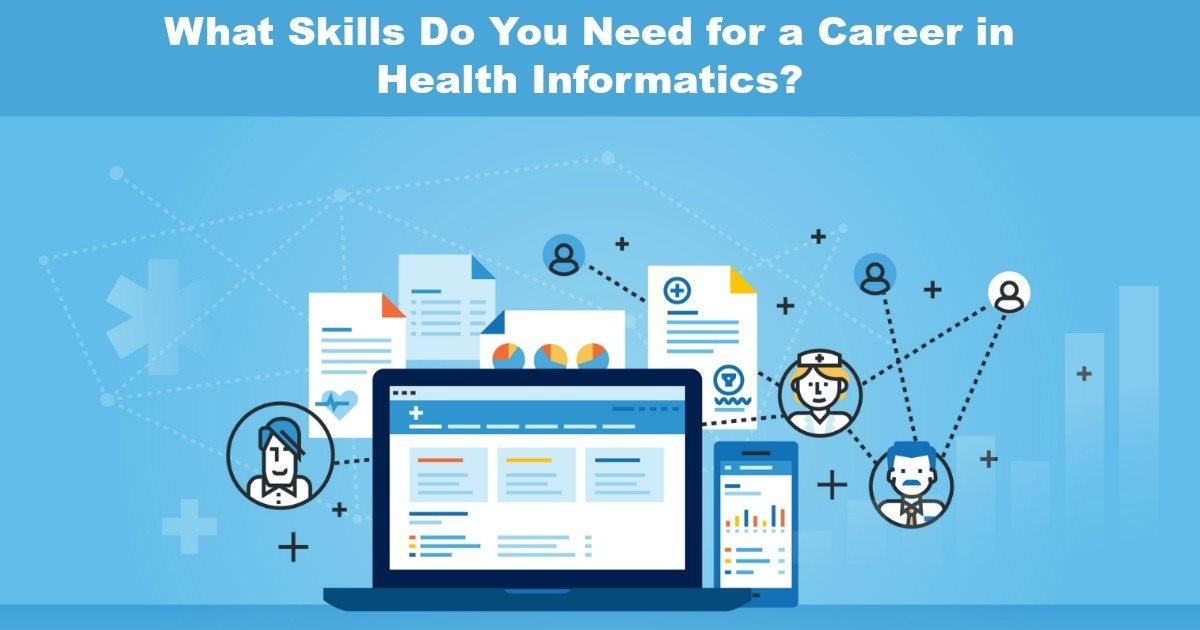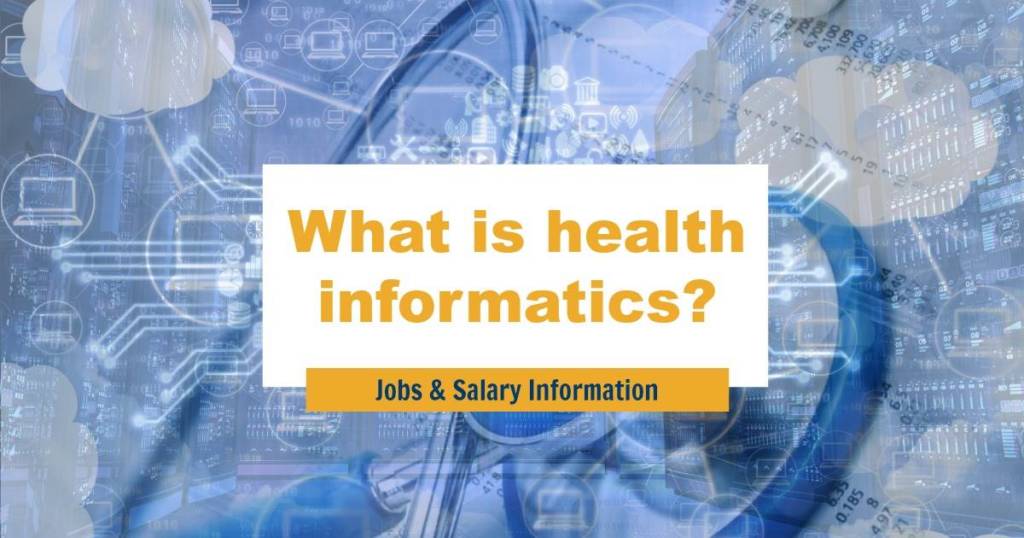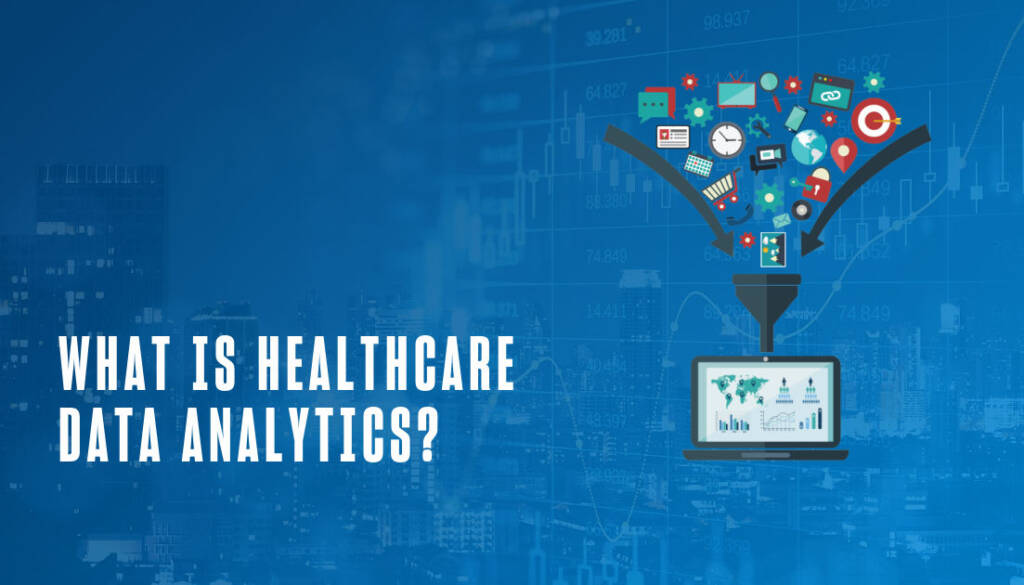Thanks in large part to evolving technology, the field of health care informatics is growing rapidly. This has led to welcome advancements in patient care, but also some growing pains — perhaps most significantly a skills gap, as the demand for experienced and knowledgeable health informatics professionals outpaces the availability of qualified applicants.
For those with the right skills, a career in health care informatics can be both personally and professionally rewarding. It can also be financially beneficial — the talent shortage means there are abundant job opportunities, some of them paying six-figure salaries.
Health Informatics: What Skills Do You Need to Succeed?
Health informatics professionals need skills in these major areas:
- Programming knowledge: Computer programming is not necessarily a requirement for every health informatician, but familiarity with languages such as Java, C, Python and SQL can give you a competitive edge.
- Knowledge of health data systems, data and terminology: You’ll need to work closely with the health data systems used in your workplace and be ready to learn new systems as technology continues to evolve.
- EHR expertise: An HCI professional needs to know how to implement, customize and optimize EHR software and train others on its use. Proficiency in the protocols, regulatory requirements and emerging trends around the management of electronic health records are also essential.
- Data analytics: Familiarity with how the vast volumes of electronic data now available from a multitude of sources can be analyzed to develop strategies that impact the quality, efficiency and cost of care.
- Health care industry knowledge: Thorough understanding of the operations and workflows of clinical care provider organizations, including health systems leadership, delivery of care, outcomes, strategic planning and management, and more.
- Interpersonal skills: Including teamwork and team building, empathy and conflict resolution.
- Problem-solving skills: For example, challenges around sharing of data or improving crucial IT processes.
- Communication skills: In addition to basic communication skills, health informatics roles often require the ability to communicate complex information clearly and accurately. Strong listening skills are also essential.
One helpful way to develop a deeper understanding of the skills needed to pursue a career in health informatics is to review several of the leading health informatics professional certifications to see what knowledge is expected of a certified health informatics professional.
For example, the Certified Professional in Healthcare Information and Management Systems (CPHIMS) is one of several certifications offered by HIMSS and is designed to test applicants on their knowledge and skills in the following health informatics competencies:
Health Care Environment
General knowledge of the characteristics and services provided by different types of health care organizations, including:
- The interrelationships within and across health care organizations
- The roles and responsibilities of health care information and management systems professionals within the organizational structures in which they work
- The roles of governmental, regulatory, professional and accreditation agencies related to health care and their impact on clinical outcomes and financial performance
Technology Environment
- Knowledge of applications commonly used in health care (e.g., clinical, administrative, financial, consumer, business intelligence)
- Knowledge of technology infrastructure that supports the health care environment (e.g., network, communications, data integration, privacy and security)
Health Care Systems
- Systems Analysis (ability to conduct needs analyses, cost-benefit analyses and risk assessments; analyze trends in health care and technology to evaluate where current systems can be enhanced)
- Systems Design (identify system designs to support organizational needs; evaluate existing and emerging technologies to support organization’s future growth and strategy)
- System Selection, Implementation, Support and Maintenance (facilitate selection and implementation of technology solutions; operate and upgrade health care information systems; ensure critical system functions are repaired, maintained or enhanced)
- Systems Testing and Evaluation (design testing methodologies to demonstrate that solutions meet all functional requirements and ensure that expected benefits are achieved)
- Systems Privacy and Security (participate in defining organizational privacy and security policies and procedures; assess and mitigate privacy and security risks; ensure confidentiality, integrity and availability of data; coordinate privacy and security audits)
[RELATED] How Health Informatics is Shaping the Future of Health Information Management >>
How to Develop the Skills Needed to Work in Health Informatics
One of the best ways to develop a foundational understanding of health informatics is through a formal graduate-level degree program designed to meet the evolving needs of industry employers.
Many universities have created advanced degree programs designed to prepare professionals currently working in health care to transition (and even those who are new to the field) into the growing field of health informatics.
Several leading industry advocacy organizations endorse this approach. AMIA, AHIMA and HIMSS emphasize the value of education, particularly at the graduate level. HIMSS has even launched an Approved Education Partner program to evaluate the quality of the educational offerings tailored to the needs of health informatics and health information management professionals, and AMIA has established a comprehensive set of Health Informatics Essentials to help guide the development of academic programs.
For example, courses included in the University of San Diego’s health care informatics master’s degree program teach students imperative skills aligned to the AMIA standards, including:
- Foundational knowledge and skills in health information management – US healthcare delivery, network architecture, electronic health records (EHRs) and healthcare software applications
- Regulatory compliance, patient privacy, informational security, interoperability and healthcare reimbursement
- Database design, including data structuring, modeling and development of database management systems.
- Using Structured Query Language (SQL) to retrieve health data from relational databases.
- Applying data analytics in addressing specific clinical queries, crafting clinical decision support rules and employing precision medicine concepts.
- Understanding the intricate hardware and software requirements essential for EHRs, and develop clinical rules and alert systems for clinical information systems, and analyze strategies for safeguarding health information systems against internal and external risks and threats.
Overview of Health Informatics
Health care informatics is the use of data and information technology to achieve the goals of improved clinical outcomes, lower cost of care and improved experiences for both patients and providers. It has important applications for health care professionals, public health specialists, insurance industry professionals, medical researchers and biotech companies.
Job opportunities in health informatics span the full spectrum of the health care experience — from public health, veterinary and dental care to nursing, biotech, telemedicine and the insurance industry. This is excellent news for job seekers who have or are willing to develop the in-demand combination of both health care and information technology (IT) skills. Common areas of responsibility include integrating and managing health data, identifying ways to improve quality of care and analyzing health and disease trends.
Health Informatics Jobs
Health informatics is a broad career field, which means there is ample opportunity to use your skills in a career that aligns with your interests and goals. Areas within health informatics jobs include health data analysis, data security, leadership, nursing informatics and applied clinical informatics — just to name a few.
Here is a sample of the types of health care informatics positions available:
- Clinical Informaticist
- Health (or Clinical) Informatics Analyst (I, II, IV, Lead, Specialist, Manager)
- Health (or Clinical) Informatics Technician, Specialist, Product Manager
- Electronic Medical Record Trainer
- Director of Clinical Informatics
- Chief Medical Information Officer (CMIO) — requires medical degree
- Chief Nursing Information Officer (CNIO) — requires nursing degree
- Health Care Informatics Security and Data Manager
These types of opportunities can be found within a variety of health-related businesses and organizations, including:
- Blue Cross Blue Shield
- Health Catalyst
- Amazon
- US Pharmacopeia
- Cedars-Sinai Hospital
- Boston Children’s Hospital
- Florida International University
- Optum
- The Toledo Clinic
- Magellan Health
- University of California UC Health




